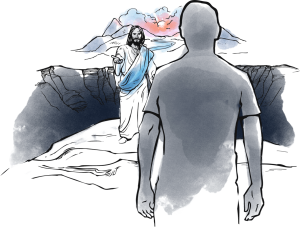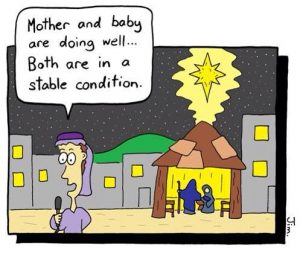Psalm 79
How much do we consider ourselves to be part of the church’s relationship with God or do we attend a church but consider ourselves in some way only partly attached? Psalm 79 is a community lament not an individual’s. It is a confession and a pleading the people of God are making as one body. Collective responsibility is being owned up to and mercy is being asked for all God’s people. Is this something we could see the modern church doing?
Psalm 79 is a prayer that arises from a dire situation that the remains of Judah found itself in. It has come from God’s judgement following persistent embedded sin throughout Judea, from top to bottom, and it was sin that persisted over generations. The Babylonians were God’s instrument of punishment and now a remnant remained in a much reduced Jerusalem. The temple had been defiled, the city reduced to rubble and the people so weakened in numbers and capability even the dead were not being buried. They were in short a laughing stock of neighbouring nations.
The psalmist in this situation does not pretend or cover up their responsibility or that of previous generations. He is honest with God and says it how it is even though it places the surviving remnant in a very poor light. He asks God, ‘Will you be angry forever? v5 He recognizes that the Lord is jealous for his people and his name. The psalmist as the voice of the people throws himself on God’s mercy. ‘Do not hold against us the sins of past generations; may your mercy come quickly to meet us, for we are in desperate need. Help us, God our Saviour, for the glory of your name; deliver us and forgive our sins for your name’s sake.’ vv8-9
Realistically one could imagine the modern persecuted church praying very similar prayers. The difference though is that God’s people were experiencing divine judgement for dishonouring God’s name. The circumstances of the contemporary church is much more like the persecution of the early church in the Roman Empire for preaching the gospel. However, whatever the circumstances opening one’s prayer with confession of sin is a helpful practice.
The remnant also prayed for God’s judgement on those who were cruelly oppressing them. It is important to note the distinction between asking for God’s judgement as opposed to themselves exercising the act of judgement and punishment. It is being left to God. We could say these prayers were answered at the end of Daniel when the Medes and Persians overthrew Babylon in one night.
The psalm ends with the confession that the people of God are God’s sheep and in praise to him. Jesus himself is our Shepherd. It his name that is brought into dishonour when the church is disobedient. The church is not a loose collection of individuals but the one body of Christ, mutually dependent upon each other and Christ himself as our head.
Do we take some responsibility for the church we belong to?
The church’s one foundation




